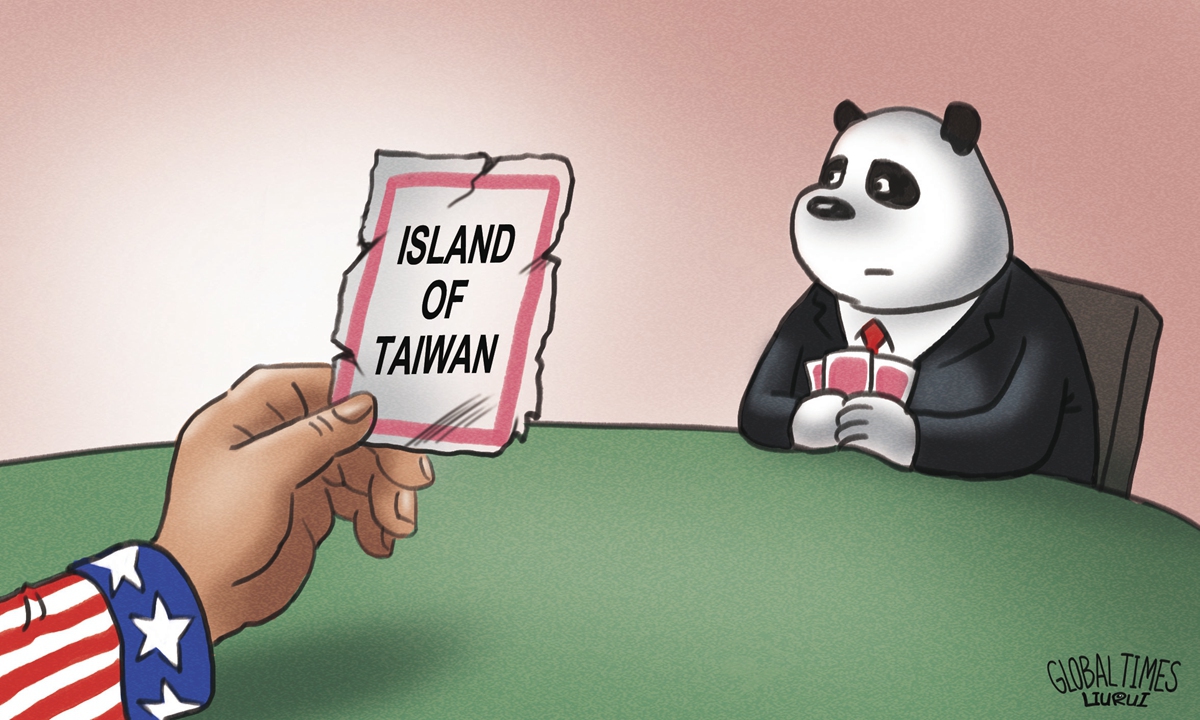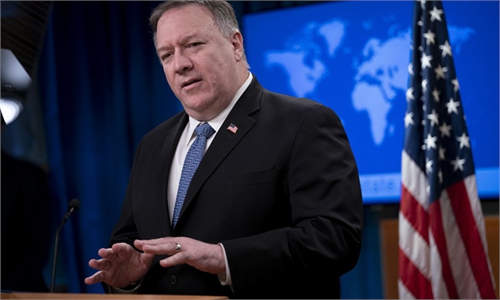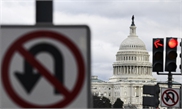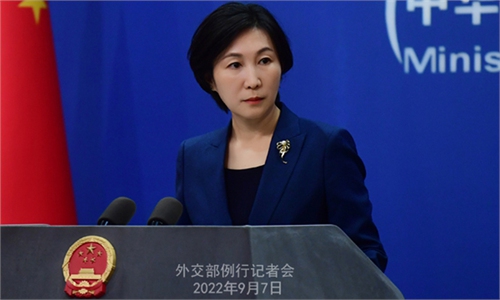
Illustration: Liu Rui/GT
The US has recently been saying one thing and doing another on the Taiwan question, constantly hollowing out the one-China principle. The US State Department approved new arms sales to Taiwan, the US Senate Committee on Foreign Relations passed the so-called Taiwan Policy Act of 2022, and the US and Canadian warships flexed their military muscles and transited through the Taiwan Straits. The US and the island of Taiwan have engaged in military collusion, in a bid to help Taiwan reject reunification by force.The US' sinister plan to use Taiwan to contain China disregards the principles of international law and the basic norms of international relations, and brutally interferes with the Taiwan question which is purely a matter of China's internal affairs. It has severely trampled on the international order and the international rule of law.
The UN's establishment in 1945 and the entry into force of the UN Charter laid the cornerstone of modern international order and international rule of law, establishing a series of basic norms of international law and international relations.
Article 2 of the UN Charter comprehensively states the seven principles that the UN and its member states should follow to implement the purposes of the Charter, including the principle of the sovereign equality of all its members, fulfilling in good faith the obligations assumed by them in accordance with the present Charter, refraining in their international relations from the threat or use of force against the territorial integrity or political independence of any state and non-interference in other countries' internal affairs.
These principles not only constitute the most important foundation of the entire system of the international law, but were also further explained and confirmed in a series of UN resolutions, including the Declaration on the Inadmissibility of Intervention in the Domestic Affairs of States and the Protection of Their Independence and Sovereignty in 1965, the Declaration on Principles of International Law concerning Friendly Relations and Cooperation among States in accordance with the Charter of the United Nations in 1970, the Declaration on the Inadmissibility of Intervention and Interference in the Internal Affairs of States in 1981, and the Declaration on the Enhancement of the Effectiveness of the Principle of Refraining from the Threat or Use of Force in International Relations in 1987. The International Court of Justice's judgment in 1986 concerning Nicaragua suing the US emphasizes that the principle of non-interference in internal affairs is not only fundamental to the international legal system, but also mandatory in a certain sense.
Article 53 of the Vienna Convention on the Law of Treaties in 1969 clearly stipulates that "a peremptory norm of general international law is a norm accepted and recognized by the international community of States as a whole as a norm from which no derogation is permitted."
There is only one China, Taiwan is a part of China, and the government of the People's Republic of China is the sole legal government representing the whole of China.
The one-China principle is the general consensus of the international community and the publicly recognized basic norm of international relations. It constitutes an integral part of the post-World War II international order and is recognized by the UN Resolution 2758. It is also a prerequisite for China to establish diplomatic relations with 181 countries in the world, and it has the unshakable foundation of international law.
All UN member states have the obligation to implement and abide by the one-China principle in good faith.
As a founding member of the UN, a permanent member of the UN Security Council and a party to the UN Charter, the US not only fails to fulfill its obligations under the UN Charter and assume the responsibilities of a major power, but instead puts its domestic law above international law.
The US applies international rules in a selective and utilitarian way, which seriously damages international fairness and justice, making the US the biggest destroyer of the international order and the international rule of law, as well as the biggest destabilizing factor in the world today.
In fact, the US Department of Defense also clearly recognizes in its Law of War Manual that "A State's domestic law does not justify that State's noncompliance with an international obligation as a matter of international law."
Without credibility, a country will face decline. The US should deeply understand the danger and harm of perfidy and flexing its military muscle, honor its promises, strictly abide by the provisions of three China-US joint communiqués and correct its erroneous actions on the Taiwan question. Otherwise, the US will be jointly opposed by the international community, its national credibility will be bankrupt and it will pay an unbearable price.
The author works at the Naval Research Academy of PLA in Beijing. opinion@globaltimes.com.cn



